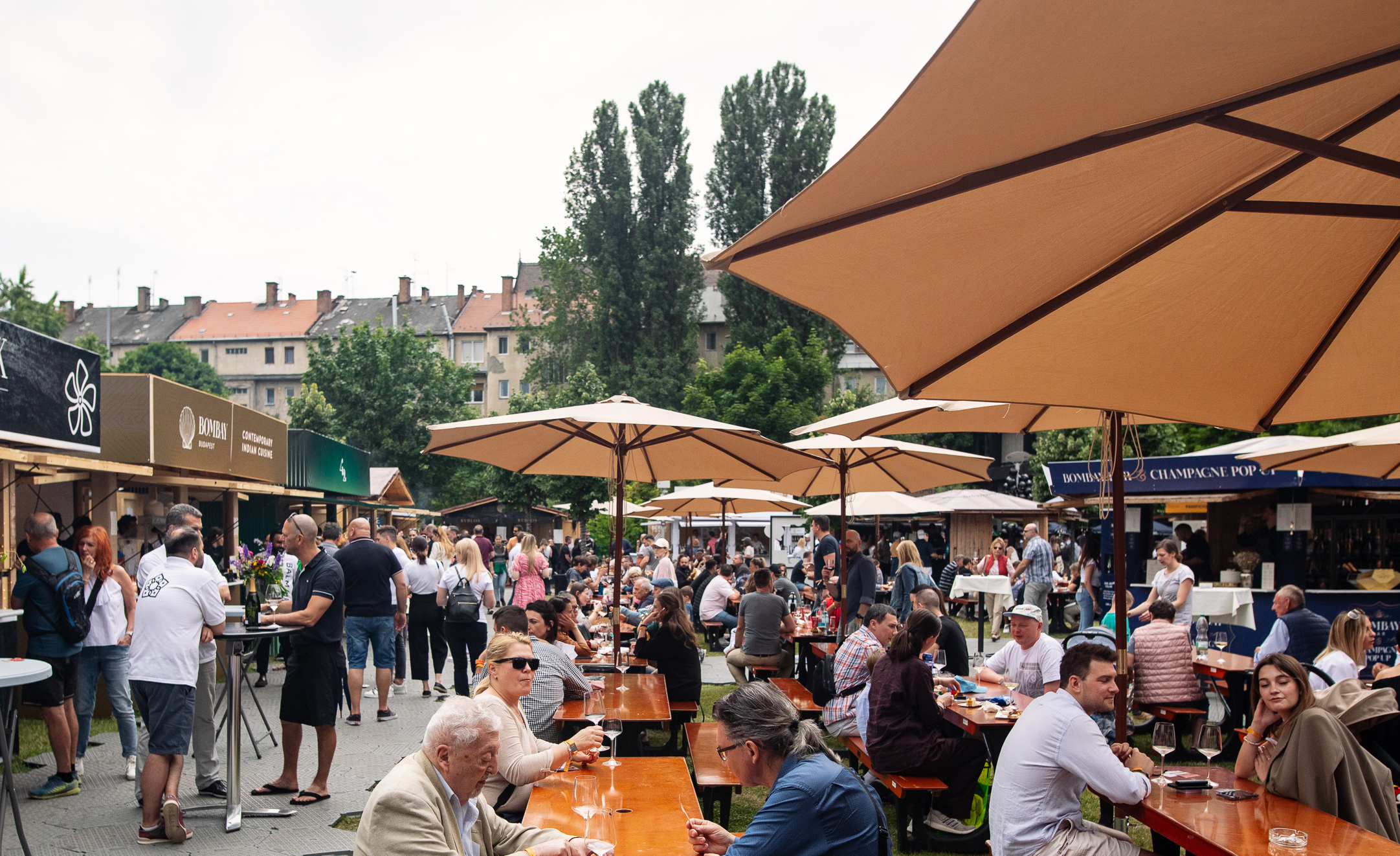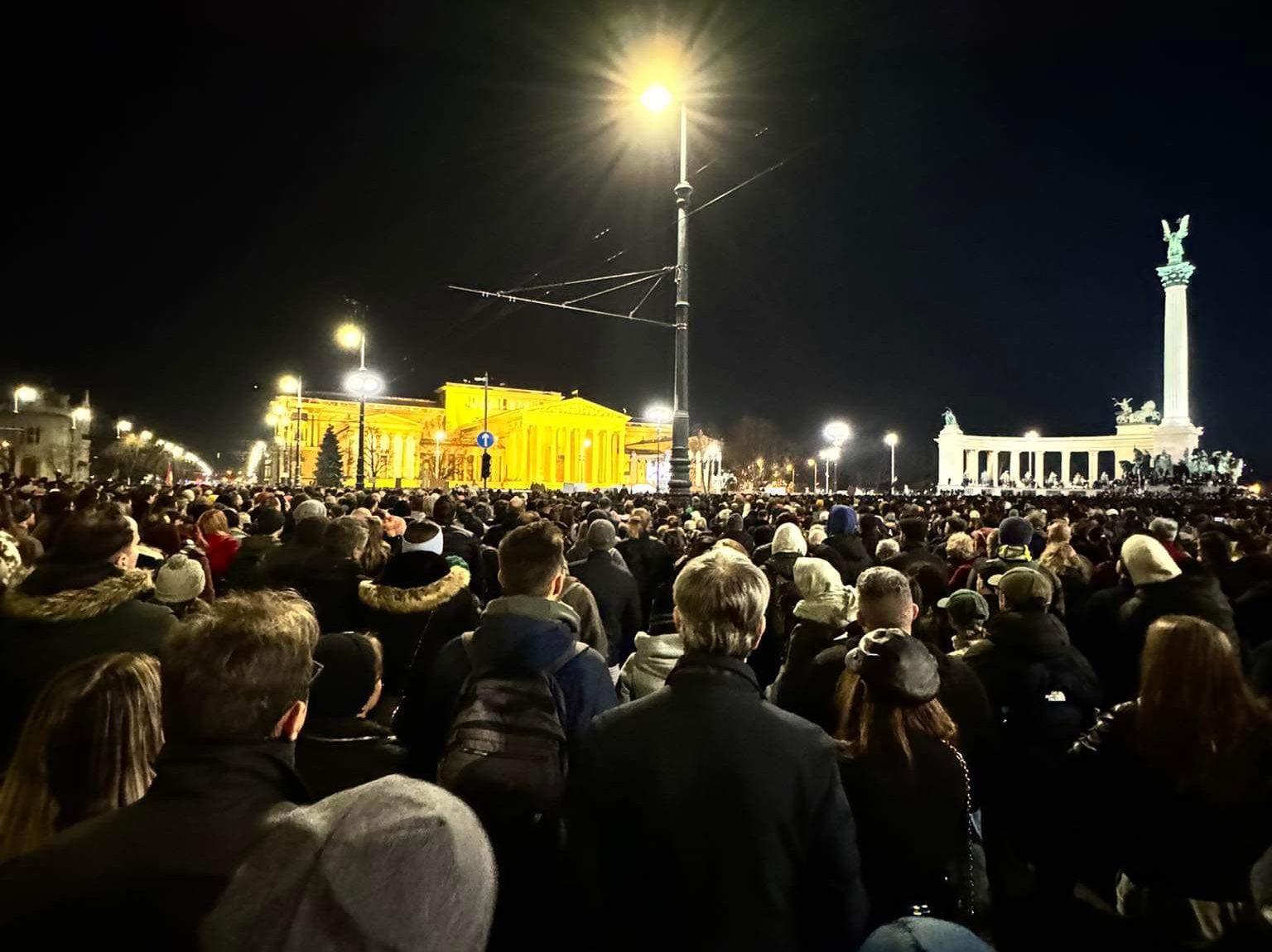Pax and Cargo Continue to Grow at Budapest Airport

Budapest Airport
Handling more than 15 million passengers in 2018, Budapest Ferenc Liszt International Airport has seen its biggest traffic to date. That growth is likely to continue: with new destinations added to existing ones, and summer in full swing, figures will probably improve this season as well.
Budapest Airport’s largest retail partner, Heinemann Duty Free, has launched a payment initiative to allow Hungary’s growing number of Chinese visitors to benefit from their preferred providers, Alipay and China Union Pay.
How the airport has been able to handle such traffic is a different story. The airport received a four-out-of-ten ranking from customers on Skytrax, a United Kingdom–based consultancy which runs an airline and airport review and ranking site.
(It should also be noted that Budapest Airport won Skytrax’s best airport in Eastern Europe award, which is also in part based on customer reviews.)
The airport’s Facebook page, too, has a lot of negative comments criticizing the overcrowded check-in and security area, the rudeness of staff or the lack of cleanliness in the toilets.
Many of these travelers might have just been unlucky to land on a very busy day but, based on the comments, these problems occur regularly. The operator, Budapest Airport, started a number of developments at the beginning of this year – many aimed at improving the passenger experience.
“I haven’t seen any significant changes that would have left me impressed,” says Szilárd Szilágyi, an entrepreneur who regularly commutes between Spain and Hungary. “A new toilet was added to one lounge, but the area itself has not become bigger,” he says.
Security Checks
He did not notice the two new lanes which were added to the security check area either as “security check here still takes the longest compared to most airport”, he claims. Despite being highly criticized, the barn-like area where low-cost airline passengers have to wait has not changed either.
Asked about these specific complaints, László Kurucz, a spokesman for Budapest Airport, tells the Budapest Business Journal: “Currently there are ongoing infrastructure developments that will greatly improve the passenger experience. Budapest Airport will provide information on these in the near future.”
If it seems there is much to improve, some developments have already been undertaken in the past few months. Billboards showing the airlines’ logos outside the terminals have been replaced by digital screens showing flight details for check-in.
New public transport ticket machines have been added to speed up ticket purchases for the shuttle bus. Toilets are said to be cleaned more often and customer feedback machines have been placed in them. The time it will take to pass through security is now displayed on screens.
Beyond the general public, Budapest Airport is purposefully placing more emphasis on Chinese travelers. It does so to better serve the increasing volume of passengers from the Asian giant, the number of whom this year could well reach 300,000, up from 256,000 in 2018, in part as a result of a new direct flight launched between Shanghai and Budapest in early June.
The airport has introduced two payment methods popular in China (Alipay and China Union Pay) in its duty-free shop. It is planning to place Chinese passenger information displays later the year.
Cargo Developments
The airport’s cargo hub is also under development. “Budapest Airport is reaching the upper limit of its cargo handling capacity, and therefore, in addition to the development projects already announced, further investment will be required,” said Zsolt Veron, head of the supervisory division of the Ministry for Innovation and Technology at the Air Cargo Day Hungary conference in May.
Nine months after it was started, builders had completed the construction of the structure of the largest building in Budapest Airport’s dedicated freight terminal, BUD Cargo City at the end of June.
The logistics base, a HUF 15 billion (approximately EUR 46 million) project, is being fully financed by the airport operator. The facility, scheduled for completion by the end of the year, will make it possible for companies involved in handling and transporting air cargo to cooperate more effectively.
Being constructed on the Vecsés side of the airport, Cargo City will consist of a 21,600 sqm warehouse hall and office section, another 11,200 sqm facility close by, intended for forwarders, and a 32,000 sqm concrete apron.
This apron will provide additional parking positions for the simultaneous handling of two Boeing B-747-8F type aircraft, enhancing the airport’s cargo apron capacities. These “Jumbos” are able to transport up to 130 tonnes of cargo.
“The current international trade conflicts undoubtedly pose challenges for the representatives of the industry, but we are confident, as the volume of air cargo handled by Budapest Airport is characterized by stability in 2019,” said René Droese, Budapest Airport’s chief property and cargo officer (and also its business development director as of July 1), at the topping out ceremony.
“We believe that with all the efforts and steps to create an ideal home for air cargo at BUD, we will attract much more cargo from our catchment zone in the future than today,” he added.
Budapest Airport Management Changes
Budapest Airport, the operator of Ferenc Liszt International Airport, replaced its development and communications directors from July 1, state wire service MTI reported. René Droese, the executive director in charge of property and cargo, will also take on the duties of business development director, replacing Stephan Schattney. Droese has worked at the airport for more than a decade and has more than 25 years of experience in property and airport development. Budapest Airport has also replaced communications director Mihály Hardy and government communications director Gábor Szarvas, with the combined role going to Katalin Valentinyi, a former journalist and communications consultant.

René Droese, executive director in charge of property, cargo and business development, speaking at the Cargo City topping out ceremony on June 27.
SUPPORT THE BUDAPEST BUSINESS JOURNAL
Producing journalism that is worthy of the name is a costly business. For 27 years, the publishers, editors and reporters of the Budapest Business Journal have striven to bring you business news that works, information that you can trust, that is factual, accurate and presented without fear or favor.
Newspaper organizations across the globe have struggled to find a business model that allows them to continue to excel, without compromising their ability to perform. Most recently, some have experimented with the idea of involving their most important stakeholders, their readers.
We would like to offer that same opportunity to our readers. We would like to invite you to help us deliver the quality business journalism you require. Hit our Support the BBJ button and you can choose the how much and how often you send us your contributions.












